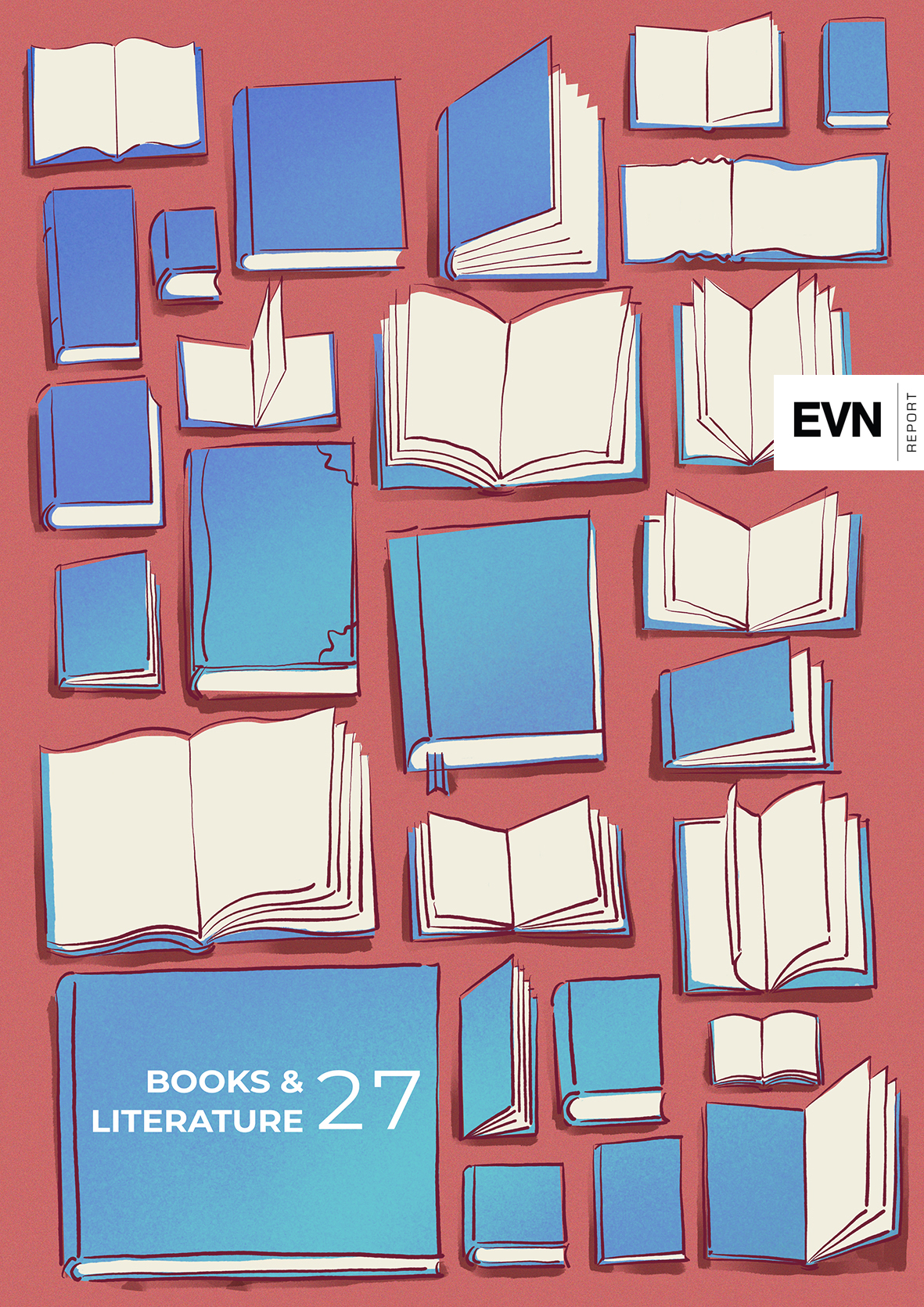

What is being a literary agent like? What are the pros and cons that one should know about the job –– which can be time-consuming and exhausting but can also bring incredible satisfaction –– before taking it on?
Since I took up literary agenting, I have been asked dozens of times what the job entails. I will leave the job description aside and be a bit allegorical. Imagine you adopt children who are very different from one another, but you love each of them equally and have faith in their future success. Your job is to give them support and encouragement and help them navigate the big wide world in their own way. When they achieve a milestone, you let them have the limelight, proudly and unobtrusively, just as a parent would. This is smart parenting… oops!… agenting.
Some jobs are more of a calling than they are a means of employment. Literary agenting is exactly that kind of job. I have been doing this for more than 12 years and have never once regretted pursuing this work. Still, like any job, it has its pros and cons. Let’s consider them in an effort to help you decide if this is a career for you.
The main advantage of the job is the freedom. You not only choose where, when and how much to work, but also who you work with. As a literary agent, I am free to select the writers I want to work with and I don’t owe anyone an explanation as to why I might opt not to work with someone. It is all about my personal taste, my belief in the individual writer and my confidence that I can successfully pitch their work to publishers. To do this you need one thing above all: a true love of literature. Because if you can get excited about writing that comes across your desk, then you most probably can also argue why readers will love it too. With this, you can ultimately convince a publisher to commit to taking on the project and publishing the work.
You don’t need a degree in linguistics, literature nor in literary criticism to be a literary agent. In fact, theoretical knowledge makes your job as an agent more complicated, as it makes you a different type of a reader. Most importantly, you should be a reader of all kinds of literature. The more omnivorous a reader you are, the better.
Of course, in this heaven of a job, there are also some drawbacks.
The volume of reading you must do can be excruciating, even for the biggest book lover. Another downside to the job is geographical –– Armenia’s literary market is very small. When you travel to international book fairs, you learn about developments in western markets. International market sizes and their levels of production and consumption make your own publishing industry look like a small village shop next to a sign that reads: SUPERMARKET. Luckily, in the book world, quality is often more important than quantity. Thus, the breakthrough of a writer from a small language market, which an agent can help deliver, is more valuable than that of a large language market. Hope dies last, and the idea of placing books by Armenian writers on the bookshelves of readers around the world has become my life’s purpose.
In my work as a literary agent, I receive many submissions and phone calls from all kinds of people: early career writers, published authors, and non-writers who have written a book. Sometimes I meet with them in person to discuss their work and answer their questions. Here are some frequently made mistakes that hinder cooperation between the writer and the agent or publisher before the collaboration has even started.
As the core of my job entails working with writers, I can provide some general tips for them as well.
First, make sure your word document is neatly formatted and spell-checked. Put the title of the book and your name on the first page. I have had printed text placed on my desk for consideration that I could not connect to its author. Make sure your email address carries your name, as it can be difficult to find you in a mailbox if your email address is “coolgirl” or “bestwriterever”. Additionally, make sure your email’s subject line features the title of your book. The subject line is not for the text of your email. Don’t forget to write an introduction in the email body. An empty email with only an attachment is like throwing a manuscript through the window and running away. You want to throw it back with a couple of swear words.
The next step is to do monthly follow-ups or better yet, request a date from the agent or publisher for when they expect to get back to you. Personally, I read the work of persistent writers faster than that of people who disappear after they submit. Still, don’t give up if the deadline passes. Request a new one; there are dozens like you waiting for a response. If you really want to connect with an agent or a publisher, be patient and consistent.
If you make it as far as a face-to-face meeting with an agent or publisher, never use that time to criticize the other writers they work with. This is one of the most frequent mistakes that writers make when they meet me. This kind of disparagement means that you think I have bad taste; it also diminishes my work, especially if you are talking about an established writer with a number of rights sold. Don’t talk about other writers at all if you don’t know the literary preferences of the person you are meeting. You might make the worst mistake by name-dropping your favorite writer to impress me and miss the target, as you don’t know my taste. Don’t forget that the agent is also trying to get a first impression of you and everything you say can determine whether you will be taken on board with the agency. Allow the agent to get a sense of you based only on your writing, not on your knowledge of literature or anything else. Once you are on board, you earn the privilege to be a little entitled . Before that, be humble and only communicate the things that will make the agent want to read you. Then –– wait.
Knowledge of a foreign language in the industry is a significant advantage, if not a must. If you are aiming to get your work known internationally, be prepared to travel and have a public profile. While it is generally understood that writers write better than they verbally communicate, for contemporary readers, it is very important to hear you speak, so that they can connect with you as a human being, who lives in the same world as them. In the West, the most popular writers are living and not those long dead, as most readers in our part of the world might think!
Finally, dare to write –– submit to agents and publishers, and be persistent and patient. Your success is in your hands. And in mine!
Magazine Issue N27
Books and Literature
Armenian books and literature have a rich history dating back more than 1,500 years. Following the invention of Gutenberg’s printing press, the first Armenian book to ever be published was the Book of Friday prayers (Urbatagirk) by Hakob Meghapart in Venice in 1512. However, the tradition of books and literature can be traced back to the 5th century, considered the Golden Age of Armenian art and literature. The invention of the Armenian alphabet in 405 AD by Mesrob Mashtots became a major turning point for the Armenian people and provided the foundation of a literary tradition that began with making the Bible and translations of the Classical world accessible, opening Armenian schools, and thus ushering in the spread of literacy. A new generation was being educated in their mother tongue, one that would better understand the plight of their nation and homeland. From the earliest works ever written, all the way to contemporary times, Armenian books and literature have helped form the basis for Armenian cultural identity.
The magazine issue for March — “Books and Literature” — include articles about the art of translation, what it means to be a literary agent in modern day Armenia, memory and literature, how books can help teach children about disabilities, and how Armenian literature created the image of Yerevan as a “sunny city” during the last century, serving as a lens to read the capital of the country.


